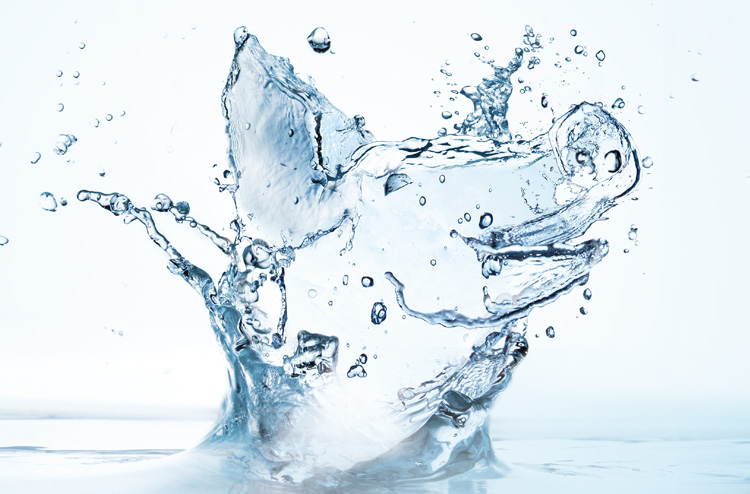
There is one thing that all pig farmers all over the world have in common and that is the determination to build a profitable business out of their pig production.

In order to achieve that goal the performance level of the pigs at every stage (sows, piglets, growers and finishers) is crucial. A combination of different parameters will of course determine that level of performance (housing, feed, management, biosecurity, etc.) but the n°1 priority that weighs over all other parameters is health. Without healthy animals the cost-price of most of the other actions will be in vein and not result into a return on investment.
Increasing the quality of drinking water should be a standard operation on a pig farm in order to improve the pig’s health and therefore its performance. Water is still a much underestimated parameter when it comes to its influence on health and production. A farmer will know exactly how much feed his animals take in per day but sometimes has little knowledge on the daily water consumption of his pigs. A suckling piglet can take up to 1L/day already and finishers will need 2 to 3 L of water per day to take in 1kg of feed. It’s very clear that water is a nutrient and will have a great impact on feed conversion, daily gain, health etc. So it will not only reduce the bacterial load in the water but will also improve digestibility and absorption of nutrients in the digestive tract of the pigs.
Increasing and monitoring the quality of drinking water should be a standard operation on a pig farm in order to improve the pig’s health and therefore its performance.